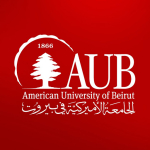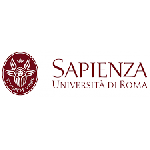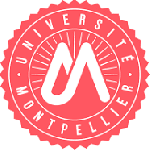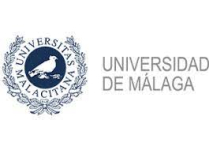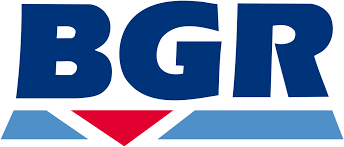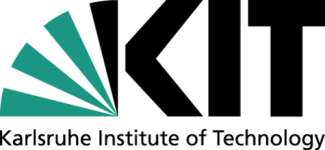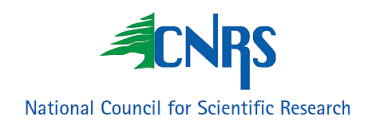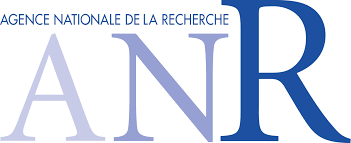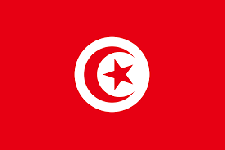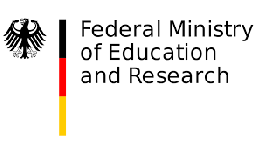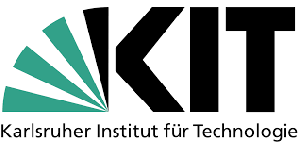ABOUT US




The KARMA project consists of experienced researchers covering all required competences to achieve progress in the hydrogeological understanding and sustainable management of karst water resources in the Mediterranean area in terms of water availability and quality. Geographically, the consortium covers the Western, Central and Eastern Mediterranean region, on the European and African side, and in the Middle East. This equal regional distribution is important in order to represent the regionally different challenges and experiences, but also the different climatic, hydrological and geological settings. Furthermore, the consortium also represents an equal gender balance and age distribution. Scientifically, the focus of the project is on groundwater resources in karst aquifers. Therefore, the consortium consists of hydrogeologists and hydraulic engineers dealing with groundwater research and represents an ideal balance between “common scientific basis” and “diverse expertise and scientific specialization” to match the project’s objectives.




